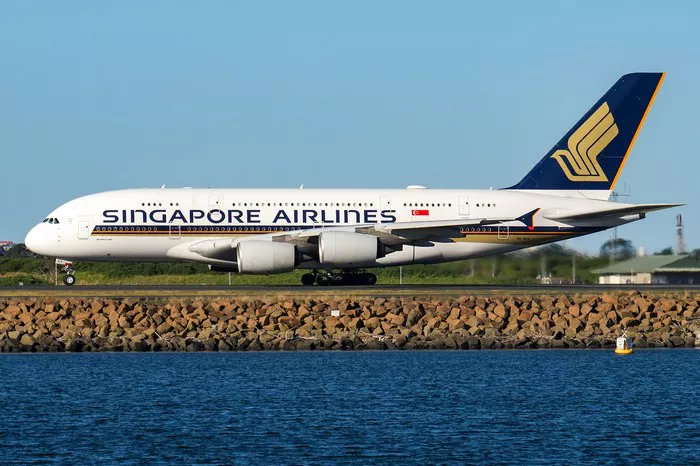Commercial airlines worldwide are assessing how long to halt Middle East flights following recent U.S. strikes on Iran.
Singapore Airlines, a major Asian carrier, described the situation as “fluid” on Sunday, canceling flights from Singapore to Dubai after conducting a security review.
The Middle East has grown in importance as a flight corridor between Europe and Asia, especially since Russian and Ukrainian airspace closures due to the ongoing war. However, flight tracking service FlightRadar24 revealed large areas of empty airspace over Iran, Iraq, Syria, and Israel.
Air France KLM announced cancellations of flights to and from Dubai and Riyadh on Sunday and Monday. British Airways, part of IAG, also canceled flights to and from Dubai and Doha for Sunday and stated it was still reviewing plans for upcoming flights.
Rising missile and drone attacks across various conflict zones pose significant risks to airline operations. Safe Airspace, a flight risk monitoring website run by OPSGROUP, warned that U.S. strikes on Iran’s nuclear facilities may further increase threats to American carriers in the region.
Prior to the U.S. strikes, American Airlines had already suspended flights to Qatar, and United Airlines had done the same for flights to Dubai.
Airlines are also bracing for a possible surge in oil prices following the strikes, which would drive up jet fuel costs.
Meanwhile, Israel is increasing flights to assist stranded travelers. The Israeli Airports Authority announced that “rescue flights” to the country will expand to 24 per day starting Monday, although each will be limited to 50 passengers. On Sunday, Israeli carrier El Al reported receiving around 25,000 requests from people wishing to leave the country within a single day.


